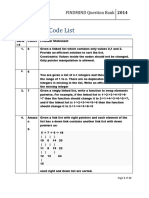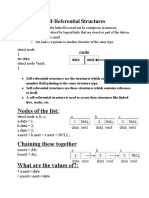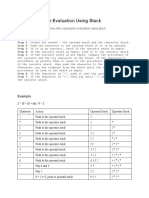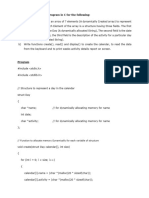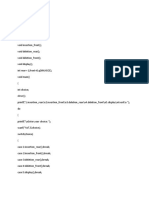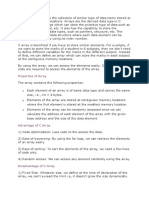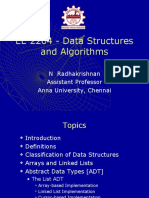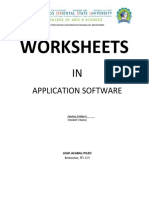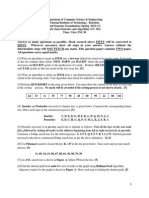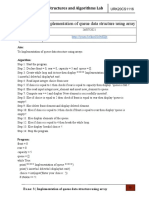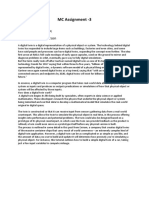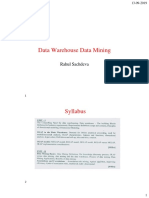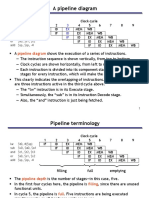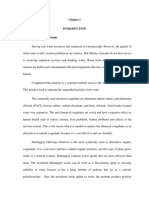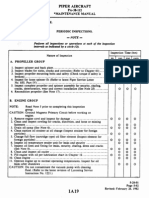0% found this document useful (0 votes)
768 views11 pagesData Structures Practical 3rd Sem
The documents contain C code for linked list operations like appending nodes, deleting a node given its location, finding the maximum and minimum elements, reversing the list iteratively and recursively using one and two extra pointers, skipping M nodes and deleting N nodes, and adding 1 to all elements of a linked list to create a new list.
Uploaded by
Vidhi KishorCopyright
© © All Rights Reserved
We take content rights seriously. If you suspect this is your content, claim it here.
Available Formats
Download as DOCX, PDF, TXT or read online on Scribd
0% found this document useful (0 votes)
768 views11 pagesData Structures Practical 3rd Sem
The documents contain C code for linked list operations like appending nodes, deleting a node given its location, finding the maximum and minimum elements, reversing the list iteratively and recursively using one and two extra pointers, skipping M nodes and deleting N nodes, and adding 1 to all elements of a linked list to create a new list.
Uploaded by
Vidhi KishorCopyright
© © All Rights Reserved
We take content rights seriously. If you suspect this is your content, claim it here.
Available Formats
Download as DOCX, PDF, TXT or read online on Scribd
/ 11


